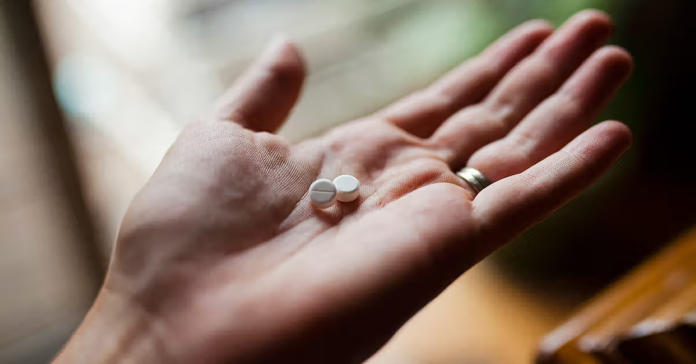How long does opioids stay in your urine? Opioids are a highly addictive class of drugs commonly prescribed to relieve moderate to severe pain. Although opioids can effectively treat pain, they can also cause adverse health consequences such as respiratory depression, nausea, vomiting, and constipation.
For this reason, understanding how long opioids can stay in your urine is crucial for individuals concerned about drug testing, addiction, and treatment. In this blog post, we’ll discuss how long opioids can stay in your urine, the factors influencing detection times, and the importance of opioid detection in addiction treatment and employment.
Table of Contents
Understanding Opioids and Their Effects
Opioids interact with receptors in the brain to reduce pain and induce feelings of pleasure and relaxation. Commonly prescribed opioids include hydrocodone, oxycodone, codeine, and morphine. In addition to their analgesic effects, opioids can cause sedation, respiratory depression, and euphoria, leading to their high potential for addiction and abuse. In recent years, the opioid epidemic has become a public health crisis in the United States, leading to thousands of overdoses annually.
How Long Does Opioids Stay in Your Urine
The length of time that opioids can stay in your urine varies depending on several factors, such as the type of opioid, the dose, the frequency of use, and individual differences in metabolism and hydration levels. According to research, opioids can be detected in urine for several days to a few weeks after use. The detection time for specific opioids is as follows:
- Heroin: up to three days
- Oxycodone: up to four days
- Methadone: up to five days
- Fentanyl: up to four days
- Buprenorphine: up to seven days
For the underlying question, how long does opioids stay in your urine? The answer is it all depends. It’s important to note that these detection times are estimates and can vary depending on individual factors. For example, a person with a faster metabolism and higher hydration levels may eliminate opioids more quickly than someone with a slower metabolism and lower hydration levels.
Here’s What Influences Opioid Detection
Several factors can determine the length of time opioids stay in your urine and how they are detected in drug tests. These factors include:
- Dose: Higher doses of opioids can stay in your system longer than lower doses.
- Frequency of use: Regular use of opioids can result in accumulation in the body and a longer detection time.
- Metabolism: How your body metabolizes opioids can affect how long they stay in your urine.
- Hydration levels: Drinking fluids can help flush opioids out of your system more quickly.
Why Does Opioid Detection Matter
Opioid detection is essential for individuals concerned about addiction, treatment, and employment. In addiction treatment, drug testing can be used to monitor a person’s progress in recovery and ensure that they stay sober. Sometimes, employers may use drug testing to screen job candidates or monitor employees for drug use. If you want to know how long do opioids stay in your urine? Learning about detection can help you make informed decisions about your health and well-being.
Take the First Step towards Recovery Today
If you or someone you know is struggling with opioid addiction, it’s essential to seek help as soon as possible. To understand how long opioids stay in your urine, there is a range of addiction treatment programs to help individuals learn more. To learn more about our services and how we can help you or a loved one, visit our website or contact us today. Remember, recovery is possible, and we are here to help.

